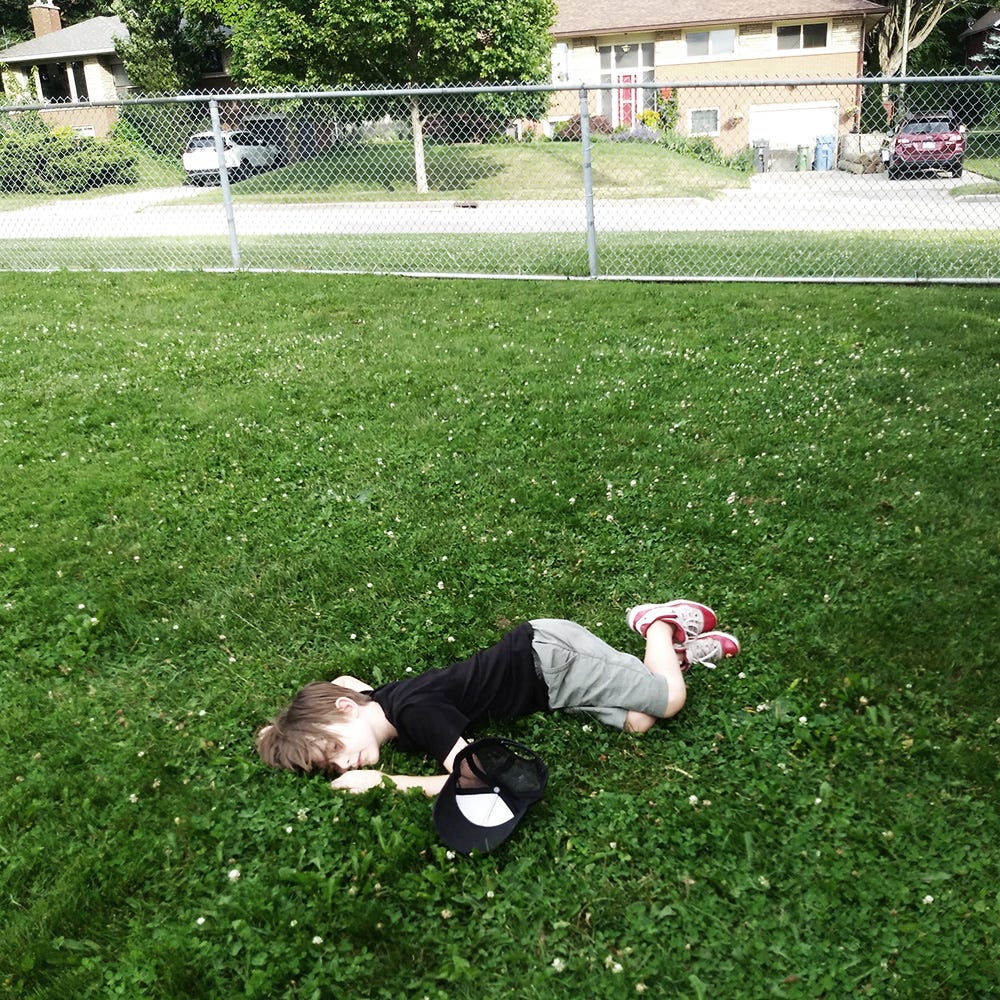Most days, these days, I wake up full of hope. I wake up with gratitude for my place in the world and with joy that I get to spend my time and energy doing work I feel is meaningful.
It has not always been like this. Depression strikes many of us these days. Stress and anxiety are common topics among friends and colleagues. There was a time not long ago when I was deep in it and was struggling hard.
The struggle with mental health is still there for me now, but feels different. It feels more manageable, even though the state of the world is clearly in decline. The tie between depression and global politics and a collapsing economic system has never been so clear to me, so when I do have moments that feel less manageable (like I did this morning), I don’t spiral out like I used to.
(Coming back 24 hours later to add the observation that my cycle is most definitely tied to my capacity in this regard.)
And it’s funny because things are clearly in decline, and I wonder why I’m in a better position to manage that decline. I have to wonder if it’s because of the stories that I’m surrounding myself with these days: stories of solutions and hope rather than the harsh realities of doom and danger. There’s no shortage of those realities present in my view: social media presents them daily. My substack feed is full of them. I can even see the effects of them in my neighbourhood.
To exist in a world where we can craft stories of hope and search for solutions alongside the act of witnessing ecological, economic, and social collapse is an odd juxtaposition. It requires us to remain hopeful in a time that feels, quite literally, hopeless. It requires us to do good work during a time when the work of existence is exhausting. It requires us to see past the muck and mire we are stuck in and dream recklessly about how we might emerge unstuck.
I wanted to share these observations because I think, on those days when hope is harder to reach, we can feel so isolated. And while despair isn’t an ideal way to connect us, it does provide a tether that keeps us together.
They—the ones who write books about such things and know more than I do—say that becoming aware is the first step to making change and that we are in an awareness-building phase of history. They say that more and more folks are becoming aware of the systems of injustice in which we are mired, and it is a good reminder that this phase is still important. Sometimes my despair is born from the belief that there is too much inaction, but if this is a time of learning and growing, it should follow that the action comes next as we reach a critical mass of people demanding change.
And so I offer this to those of you who feel that despair: stay connected to each other. Remain hopeful. Hold on to each other and support each other. Reach out on the days when it feels so heavy in your heart. (If you’re like me, pay attention to your cycle…) Don’t delude yourself into thinking that these actions will change the tragedy of the world; only how we manage ourselves during these times.
Because we can’t do the work that is required if we aren’t fully charged. We cannot build new systems while in the throes of stress, anxiety, and depression. We can’t imagine a better world while only seeing the pain of the current one.





